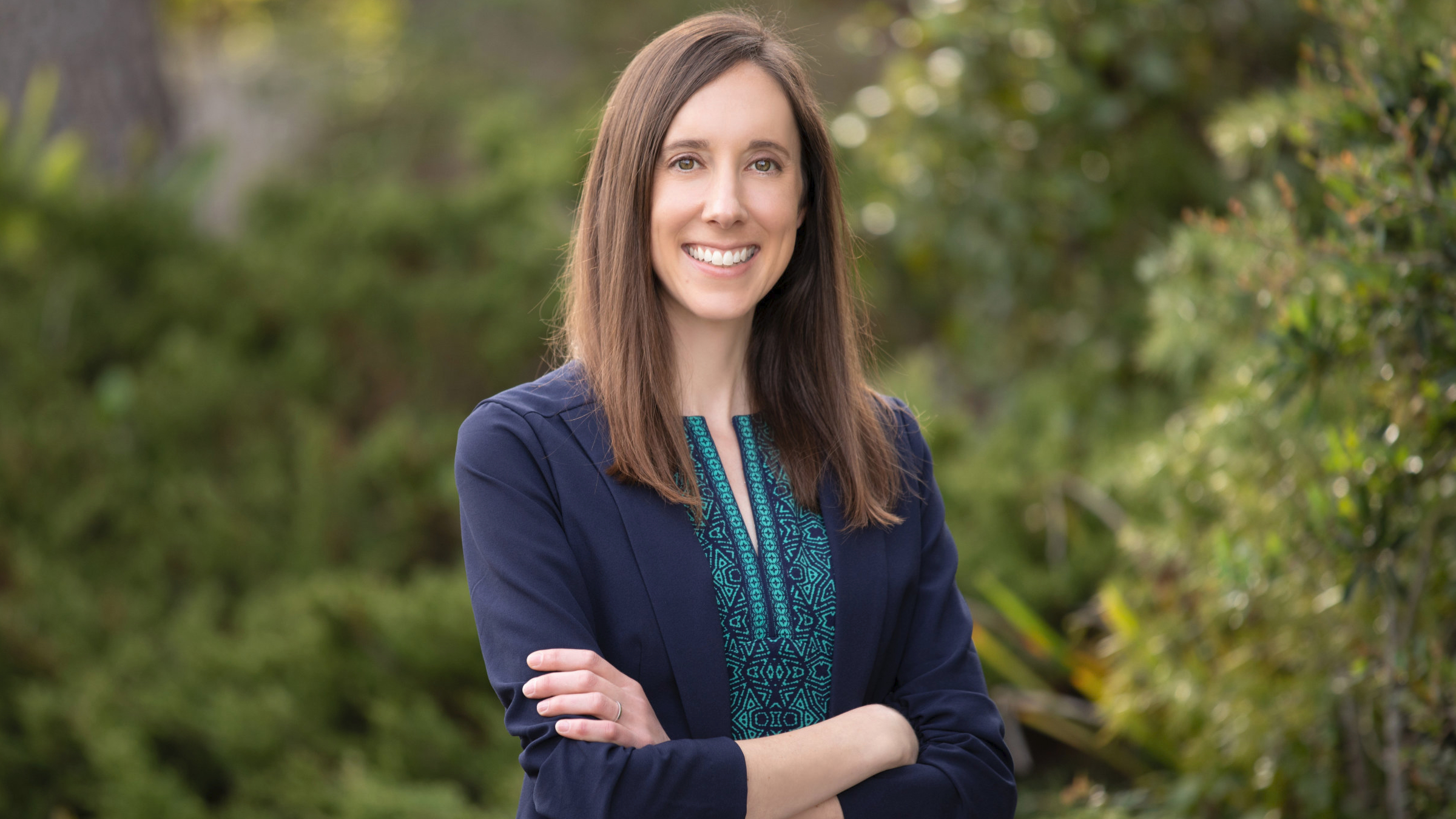
Alongside tiny data drop, Caribou plans dose escalation for its first off-the-shelf CAR-T trial
In May, Caribou Biosciences shared impressive early data on its first trial for an off-the-shelf CAR-T therapy, disclosing that four of five patients suffering from B cell non-Hodgkin’s lymphoma had a complete response.
With its EHA presentation coming up Saturday, the Jennifer Doudna-founded biotech has unwrapped more data on its lead candidate. As of May, the biotech has results from one more patient in its Phase I trial — a sixth patient who had an initial complete response, but saw their cancer progress three months after receiving the CAR-T infusion.
Unlock this article instantly by becoming a free subscriber.
You’ll get access to free articles each month, plus you can customize what newsletters get delivered to your inbox each week, including breaking news.